China steps up political prosecutions: rights group

BEIJING: China prosecuted almost 1,400 people for political offences in 2013, the vast majority in secret, an advocacy group reported Thursday as the ruling Communist party continues a crackdown on dissent.
A total of 1,384 people were indicted on charges of "endangering state security", an increase of 32 percent on the previous year, the US-based Dui Hua Foundation said.
It was the second-highest year on record for state security indictments, it said, behind only the 1,407 of 2008 when the figure was swollen by Tibetan protests.
Citing statistics from China's central prosecution office, Dui Hua also said 937 people were arrested in 2013, but it was not clear how many of them were included in the indictments figure.
Another US-based group, Chinese Human Rights Defenders (CHRD), issued a separate report Thursday detailing the alleged torture and illegal detention of artists and activists in three Chinese cities.
The offence of "endangering state security" replaced that of "counter-revolution" in the 1990s, and is primarily aimed at suppressing political dissent, but also applies to espionage.
In recent years it has been applied to members of Tibetan and Uighur minority ethnic groups who have demanded greater civil rights or spoken out against alleged government abuses.
Dui Hua said that the names of just 31 of the suspects were made public, adding: "A lack of transparency in endangering state security cases continues to be a serious hurdle."
The majority of those whose cases were known to Dui Hua in 2013 appeared from their names to be Tibetan or Uighur, despite such groups making up a small minority of China's population.
Since Xi Jinping became China's president in 2013 the Communist party has launched one of its toughest crackdowns on political critics in decades.
The number of arrests and indictments for endangering state security was around three times that of a decade ago, when Xi's predecessor Hu Jintao took power, Dui Hua said.
The rise came despite authorities' increased use of non-political charges which would not count as endangering state security, such as "picking quarrels" and "running an illegal business", to prosecute dissidents.
China has also cracked down on fringe religious groups under Xi, with official statistics showing 1,554 trials in 2013 for membership or leadership of "illegal cults", a 60 percent rise year on year, Dui Hua said.
Figures for 2014 have not been released, but the year saw several high profile state security cases, including Uighur academic Ilham Tohti, who was convicted of separatism and sentenced to life in prison.
His conviction drew outrage from rights groups, who said he had been punished for his persistent moderate criticism of China's policies in the mainly Muslim far-west Uighur homeland of Xinjiang.
Chinese authorities regularly say they handle cases in accordance with the law.
- 'Torture and ill treatment' -
Separately, CHRD said in its report that four detainees -- Wang Zang, Li Biyun, Sun Desheng and You Baofen -- "have been subjected to torture and other ill treatment by police or prison guards" in recent weeks.
"Typical for such cases, authorities have refused to investigate the complaints filed by lawyers, which means that those responsible are unlikely to be brought to justice," CHRD said.
Leaders have recently promised to strengthen the rule of law "with Chinese characteristics", but critics say harsh treatment of prisoners remains common.
Last month, in a rare admission of deep-seated flaws in China's justice system, the state-run China Daily newspaper said in an editorial that "it has not been rare" for police to extract confessions through torture.
Poet Wang Zang was among 10 Beijing-based artists detained in October after arranging a small gathering in support of pro-democracy demonstrations in Hong Kong.
Wang initially had been locked up for 15 days inside a padded room at "what appeared to be a military camp," CHRD said, adding that after five days of interrogations with no sleep, the poet "suffered a heart attack".
In the southern metropolis of Guangzhou, police "dumped" activist Li Biyun on the side of a road, hooded and with her hands tied behind her back, when they released her last month, according to the group.
Sun Desheng, a writer and activist who stood trial in November, had been subjected to beatings at a Guangzhou detention centre, CHRD said, while petitioner You Baofen was detained in a psychiatric facility since September, in violation of China's 2013 mental health law.
Source:AFP






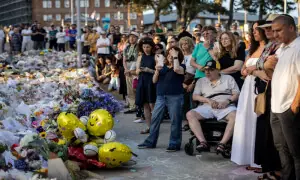
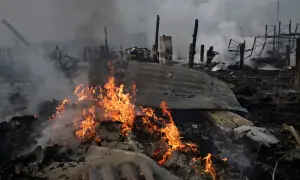


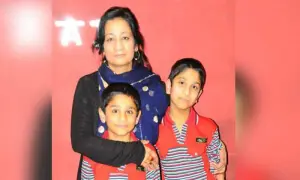
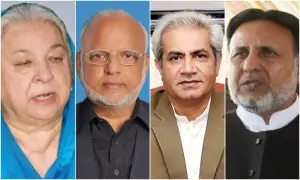



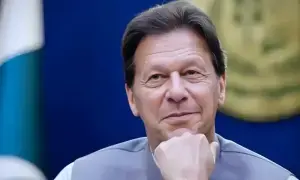

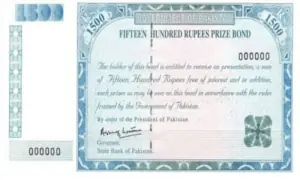



Comments are closed on this story.